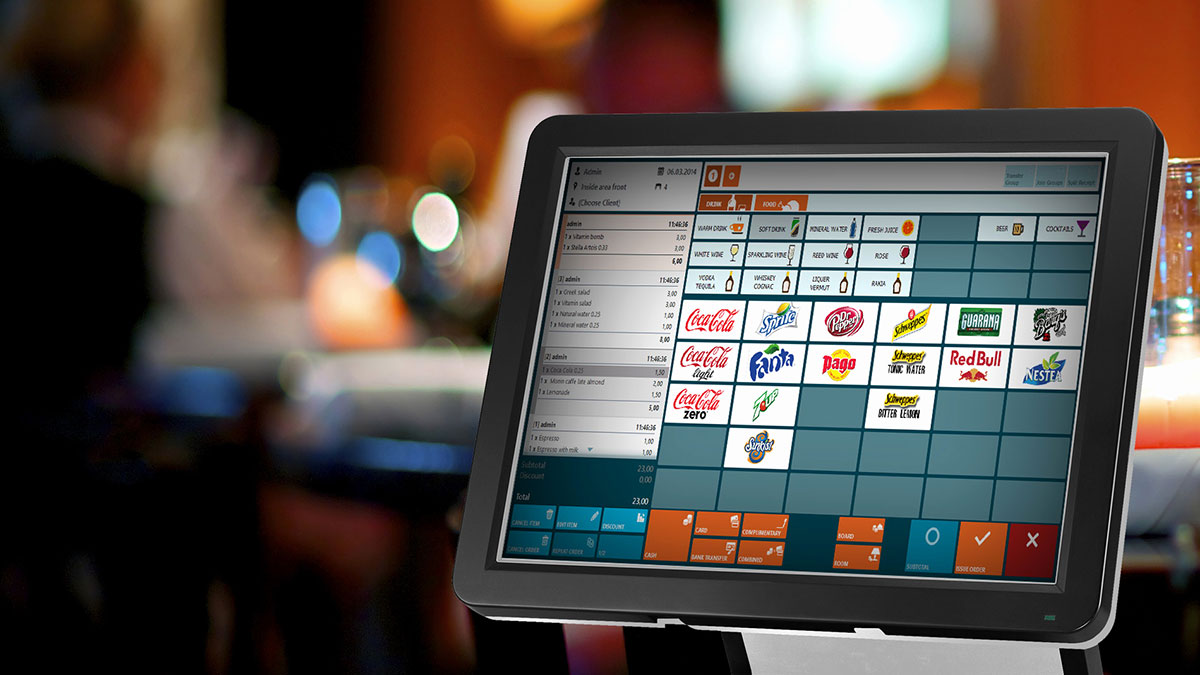Optimizing Employee Management: The Role of Restaurant Operating Systems
Efficient employee management is vital for the success of any restaurant. Restaurant Operating Systems (ROS) have emerged as powerful tools that not only streamline day-to-day operations but also enhance employee management in various ways. Here’s how ROS can transform the way you manage your restaurant staff:
-
Scheduling and Shift Management:
ROS systems simplify the complex task of employee scheduling. They allow managers to create, adjust, and distribute work schedules efficiently. By factoring in employee availability, labor laws, and business needs, ROS ensures that you have the right staff in place at the right times.
-
Time and Attendance Tracking:
Accurate time tracking is essential for payroll management and compliance with labor laws. ROS systems often include features like clock-in and clock-out functions, which reduce the chances of time theft or discrepancies in time records.
-
Performance Monitoring:
Keeping track of employee performance is crucial. ROS systems can log performance metrics, such as order accuracy, service speed, and customer satisfaction. These insights help identify areas where employees excel and where they may need additional training.
-
Training and Onboarding:
Restaurant staff turnover can be high, making efficient training and onboarding essential. ROS systems can house training materials, quizzes, and documentation, allowing new hires to quickly get up to speed with your restaurant’s processes and procedures.
-
Communication and Collaboration:
Effective communication among staff members is vital for smooth operations. Many ROS systems include messaging and notification features, allowing employees to communicate quickly and collaborate efficiently, even across different shifts.
-
Labor Cost Control:
Labor costs are a significant expense for restaurants. ROS systems help control these costs by providing real-time visibility into labor expenses. Managers can adjust schedules and allocate resources as needed to stay within budget.
-
Performance Incentives:
ROS systems can integrate performance incentives, such as bonuses or rewards for exceptional service or upselling. This motivates employees to perform at their best and helps retain top talent.
-
Compliance and Documentation:
Restaurant operations often involve compliance with health and safety regulations. ROS systems can help with compliance by providing checklists, documentation, and reminders for tasks like food safety and cleanliness.
-
Integration with Payroll:
Efficient payroll management is critical for both employees and the restaurant. Many ROS systems integrate seamlessly with payroll software, automating the process and reducing the risk of errors in paychecks.
-
Employee Feedback:
Two-way communication is essential for a positive work environment. Some ROS systems allow employees to provide feedback or report issues anonymously, fostering transparency and trust.
In conclusion, Restaurant Operating Systems are more than just tools for processing orders; they are comprehensive solutions that enhance every aspect of restaurant management, including employee management. By simplifying scheduling, tracking performance, and improving communication, ROS systems empower restaurant owners and managers to create a more efficient, productive, and satisfied workforce.

